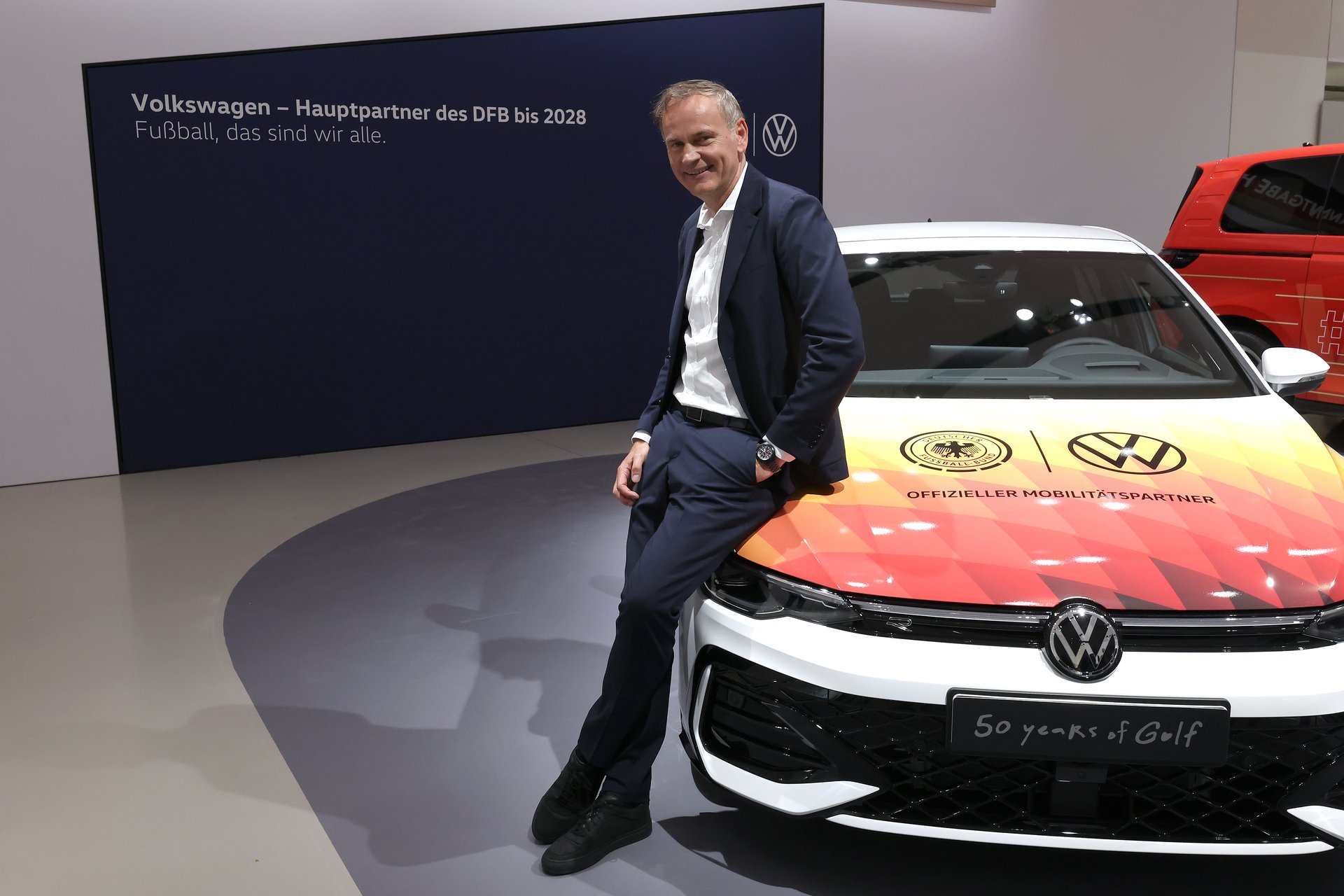Volkswagen faces an 'alarming' situation but won't abandon Germany, CEO says
Europe's largest automaker is considering shutting down factories for the first time in decades

Volkswagen (VWAGY) isn’t planning on abandoning its home country, even as it eyes its first factory shutdown since the 1980s amid a shrinking auto market, CEO Oliver Blume says.
Suggested Reading
Blume, who has led Volkswagen Group since 2022 and is pushing for massive cost reductions, told Bild on Sunday that it’s becoming tougher to compete in Europe’s auto market as rivals enter and sales weaken. Several Chinese automakers, including BYD and Chery, have started ramping up their plans to sell their cheap vehicles in Europe, even as the European Union weighs new tariffs.
Related Content
“The pie has become smaller, and we have more guests at the table,” Blume said, adding that sales have slowed. “At the same time, new competitors from Asia are forcefully pushing into the market.”
Blume described the Volkswagen brand’s situation as “alarming,” noting that the brand has been especially impacted by the market’s changes and Germany’s cutback in consumer spending. Volkswagen is facing a demand shortfall of 50,000 vehicles, or the equivalent of two plants.
Volkswagen last week said it was considering closing factories in Germany and ending a 30-year-old job security pact with workers as it looked at ways to deepen its $11 billion cost-cutting plan. Europe’s biggest automaker hasn’t closed a plant since 1988, when it shut down its location in Pennsylvania’s Westmoreland County. In July, it weighed closing down an Audi factory in Brussels, as demand for high-end electric cars sank.
A company official told workers last week that the VW brand expects to sell about 14 million vehicles annually in the future, “if at all.” In 2023, the company delivered 9.24 million vehicles, making it the second-largest automaker by sales, only outmatched by Toyota Motor Co.’s delivery of 11.2 million units to consumers.
In response to Volkswagen’s potential shutdowns, works council chief Daniela Cavallo said that management had “massively damaged trust” and likened the closures to a “declaration of bankruptcy,” Reuters reports. Cavallo also asked Blume to explain why the company is focusing on its up to $5 billion partnership with electric truck startup Rivian over protecting German jobs.
Blume on Sunday pushed back against the notion that the company is leaving workers out to dry and asserted that Volkswagen won’t abandon the company it was founded in almost 90 years ago.
“We are firmly committed to Germany as a location, because Volkswagen has shaped entire generations,” Blume said. “We have employees whose grandfathers also worked at Volkswagen. I want their grandchildren to be able to work here, too.”
